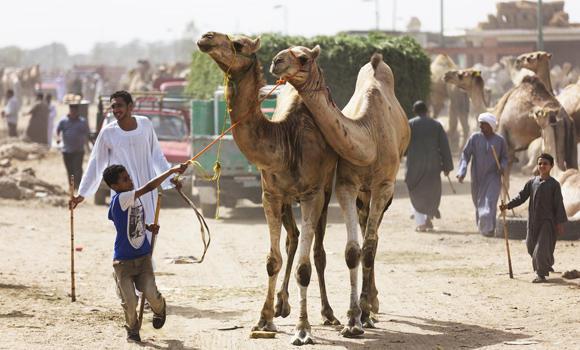
Dubai, Dec 3: Health authorities in the capital of the United Arab Emirates say a woman has died from the Middle East Respiratory Syndrome, or MERS.
The health authority in Abu Dhabi reported the death of the Jordanian woman, 38, on Tuesday. Her husband and son have also contracted the virus. It says they are in stable condition.
The World Health Organization (WHO) said in a separate statement issued Monday the earliest onset of illness was on Nov. 15, 2013.
It said the family had no travel history, no contact with a known confirmed case and no history of contact with animals.
Scientists had earlier said they have found clues that the virus was passed on to humans from camels.
“While hospitalized, the mother gave birth to a newborn child. The 8-year-old son, who has mild respiratory symptoms, was detected from epidemiological investigation of family contacts, and is being kept in hospital isolation. Further investigations into close contacts of the family, the newborn baby, and healthcare workers are on-going,” said the WHO statement.
Two other patients confirmed to be suffering from MERS in nearby Qatar have also died, on November 19 and 29, the statement said.
Since September 2012 when MERS was first discovered, the WHO has been informed of a total of 163 laboratory-confirmed cases of infection with MERS-CoV, including 70 deaths.
Saudi Arabia is the worst-affected, accounting for 55 deaths out of 130 confirmed cases.
Experts are struggling to understand the MERS virus, for which there is no vaccine.
It is considered a deadlier but less-transmissible cousin of the SARS virus that erupted in Asia in 2003 and infected 8,273 people, nine percent of whom died.






Comments
Add new comment